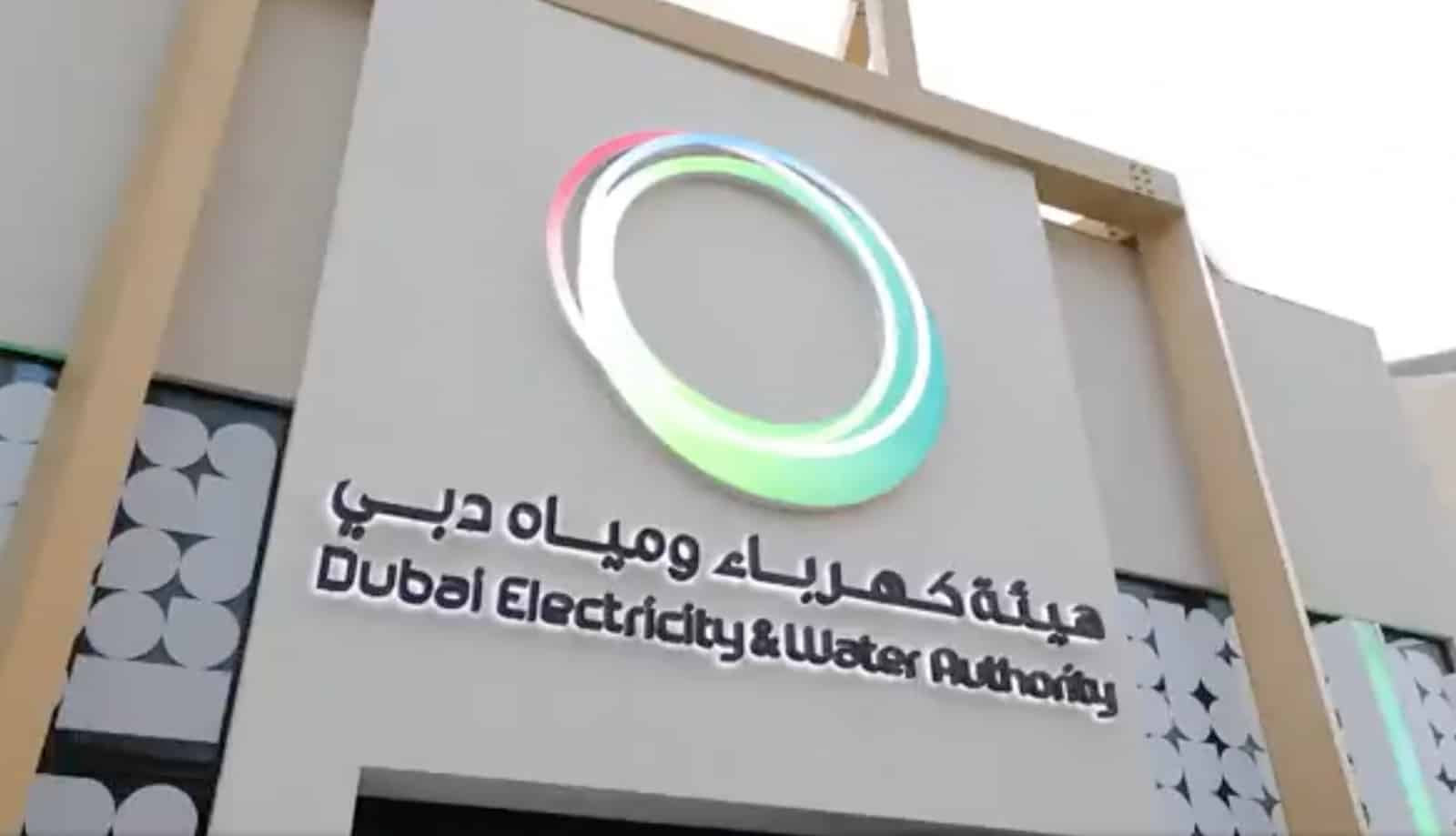Dubai, UAE—Dubai Electricity and Water Authority (DEWA) recorded a growth in the number of smart water meters by 73.6 percent between 2018 and 2022, from 566,214 metres to 983,185.
DEWA has a secure and automated infrastructure to manage metre data. Automating metre readings helps customers receive instant information on their consumption patterns and effectively manage, monitor and control their consumption proactively anytime, anywhere.
This also allows customers to promptly detect and fix water leakages to reduce waste. This sustains natural resources and preserves the environment, DEWA said.
Saeed Mohammed Al Tayer, MD and CEO of DEWA, said that smart metres are “the backbone of the smart grid, and one of the pillars of our digital transformation”.
“They raise operational efficiency and reduce losses,” he said.
DEWA has more than two million smart electricity and water metres in Dubai. DEWA’s Smart Metres Analysis and Diagnosis Centre monitors the smart metres remotely every 15 minutes. The smart grid is an integral part of DEWA’s strategy to develop state-of-the-art infrastructure for managing facilities and services according to smart and integrated systems using disruptive technologies and Fourth Industrial Revolution applications such as Artificial Intelligence (AI), Unmanned Aerial Vehicles (UAVs), Blockchain, Internet of Things (IoT) and others.








